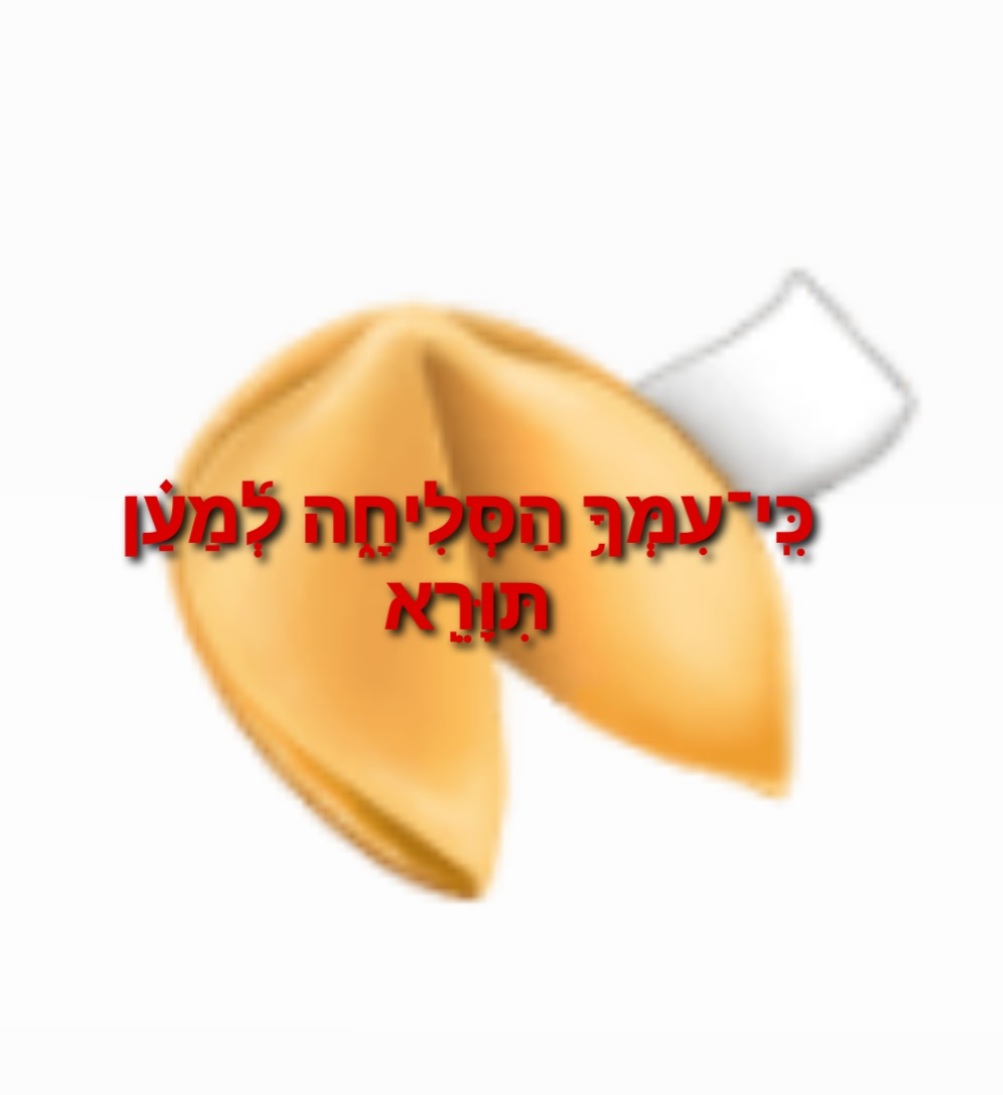This D’var Torah should be a Zechus L’Ilui Nishmas my sister, Kayla Rus Bas Bunim Tuvia A”H, my maternal grandfather Dovid Tzvi Ben Yosef Yochanan A”H, my maternal grandfather Dovid Tzvi Ben Yosef Yochanan A”H, my paternal grandfather Moshe Ben Yosef A”H, my uncle Reuven Nachum Ben Moshe & my great aunt Rivkah Sorah Bas Zev Yehuda HaKohein.
It should also be in Zechus L’Refuah Shileimah for:
-My father Bunim Tuvia Ben Channa Freidel
-My grandmothers Channah Freidel Bas Sarah, and Shulamis Bas Etta
-MY BROTHER: MENACHEM MENDEL SHLOMO BEN CHAYA ROCHEL
-Mordechai Shlomo Ben Sarah Tili
-Noam Shmuel Ben Simcha
-Chaya Rochel Ettel Bas Shulamis
-And all of the Cholei Yisrael, especially those suffering from COVID-19 and the Meiron tragedy.
-It should also be a Z’chus for an Aliyah of the holy Neshamos of Dovid Avraham Ben Chiya Kehas—R’ Dovid Winiarz ZT”L, Miriam Liba Bas Aharon—Rebbetzin Weiss A”H, as well as the Neshamos of those whose lives were taken by terrorists (Hashem Yikom Damam), COVID-19, and the Meiron tragedy.
-It should also be a Z’chus for success for Tzaha”l as well as the rest of Am Yisrael, in Eretz Yisrael and in the Galus.
בס”ד
For the rest of my audio content, please visit me at The DataBeis:
נִצָּבִים ● Nitzavim
“The Fury of the Patient”
Audio version:
In generations of old, Jews used to tremble at the thought of the Yomim Nora’im and some of the great Rebbes would even faint when Bentching Rosh Chodesh Elul. And yet, it seems that as much as we learn and intellectually know about the Days of Judgment, we don’t seem to feel the Tokef or the gravity of these days.
Are we just numb to it? What are we missing? Perhaps, if we’re granting ourselves and others the benefit if the doubt, we can justify our comfort by suggesting that we just have reasonable faith in the mercy of our Creator and Father. After all, Hashem is the Ba’al Rachamim (Master of Mercy) regarding Whom we praise in our Selichos declaring, “Darkecha Elokeinu L’Ha’arich Apecha LaRa’im V’LaTovim V’Hi Sehilasecha”-“It is Your way, Our G-d, to be slow to anger to the evil and to the good alike, and that is Your praise.” But, if this is all true, why then SHOULD we be so worried about the Yomim Nora’im?
One Elul day, a friend read me one of the most frightening messages I have ever heard from a fortune cookie. The fortune read:
“Beware the fury of a patient man.”
You might know someone who is always calm, composed, and never loses his cool. But, the day that you see that person lash out, you know things can’t be good. You know he must be really upset because he is a patient man.
Perhaps this “fortune” can explain the need for awe and trepidation Yomim Nora’im and the tragic mistake we must avoid during this time.
Parshas Nitzavim picks up right after the Tochachah and describes an interesting, but troubling response one might have to the curses:
“Pen Yeish Bachem Ish O Ishah…Asher Levavo Foneh HaYom Mei’Im Hashem Elokeinu…V’Hayah B’Sham’o Es Divrei HaAlah HaZos V’Hisbareich Bilvavo Leimor Shalom Yihiyeh Li…”-“Perhaps there is among you a man or a woman…whose heart turns away today from with Hashem our G-d… And it will be, when he hears the words of this curse, that he will bless himself in his heart saying, ‘There will be peace for me…’” [Devarim 29:17-18].
And when you take an honest look at the and read through the terrifying curses which the Torah threatens to unleash upon those who disobey Hashem, you can’t help but wonder how G-d could be so harsh with His people. Why should we have to be concerned that on Rosh Hashanah and Yom Kippur, Hashem might actually write up a horrible decree against us? And we might think that it’s just not possible that a merciful G-d could be so cruel.
But, in reality, it is actually Hashem’s incredible mercy and His patience with us that have to leave us shaking. The fact that, on a normal basis, G-d is so slow to anger and quick to forgive tells us that if G-d should ever decree something so evil upon us, He must really mean it. Indeed, He had been patient until now, but we had taken advantage of Him.
This is precisely the meaning of the Pasuk in Tehilim, “Ki Imcha HaSelichah L’ma’an Tivarei”-” For with You is forgiveness in order that You be feared” [Tehillim 130:4]. While one might think that Hashem’s capacity to forgive should cause us to fear Him less, the complete opposite is true. And the worst thing we can do is be complacent and rely on Hashem’s “automatic mercy” without making earnest strides towards Teshuvah.
It is because Hashem is so good to us that we have to “beware the fury of a patient Man.”
We should be Zocheh to make a sincere appeal for Hashem’s patience and hopefully be written up for a K’sivah V’Chasimah Tovah! Have a wonderful Shabbos!
-Yehoshua Shmuel Eisenberg

